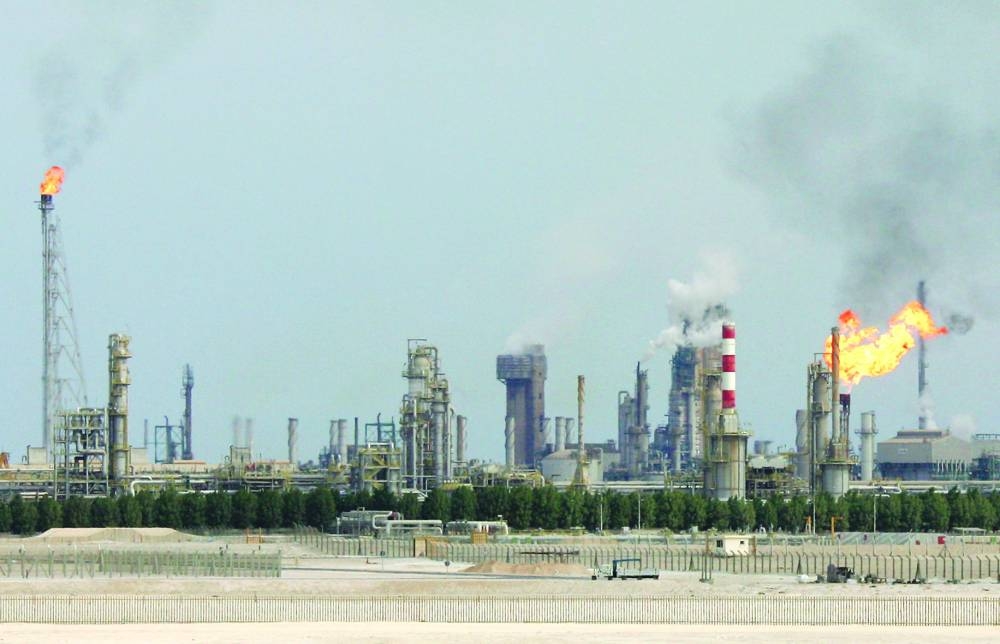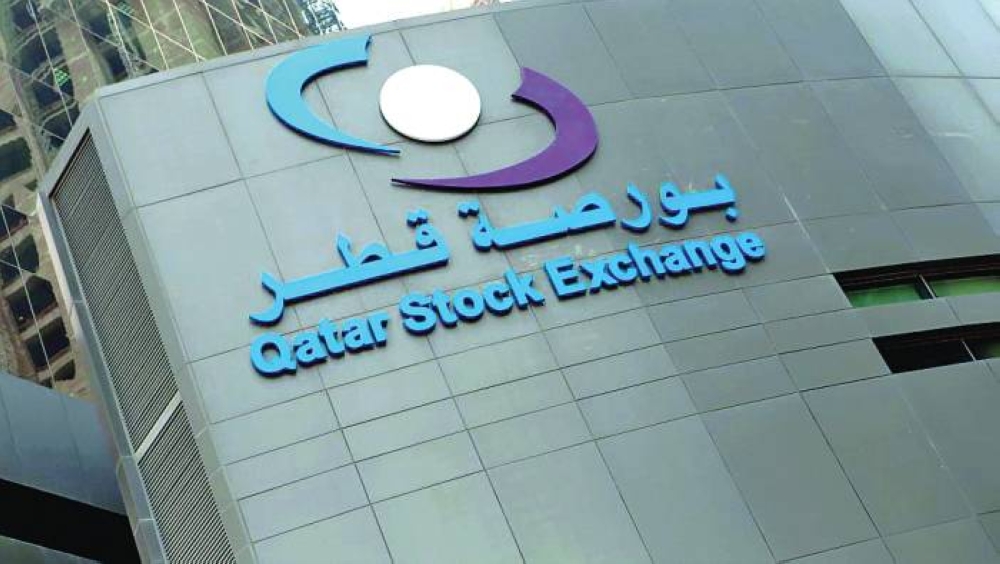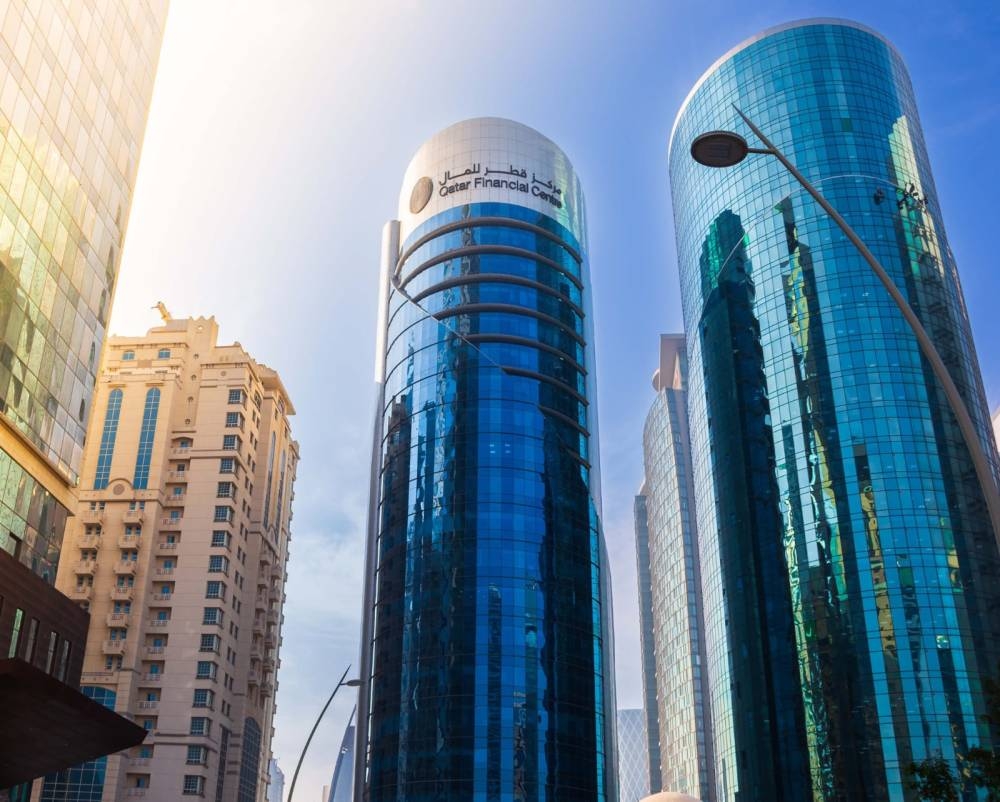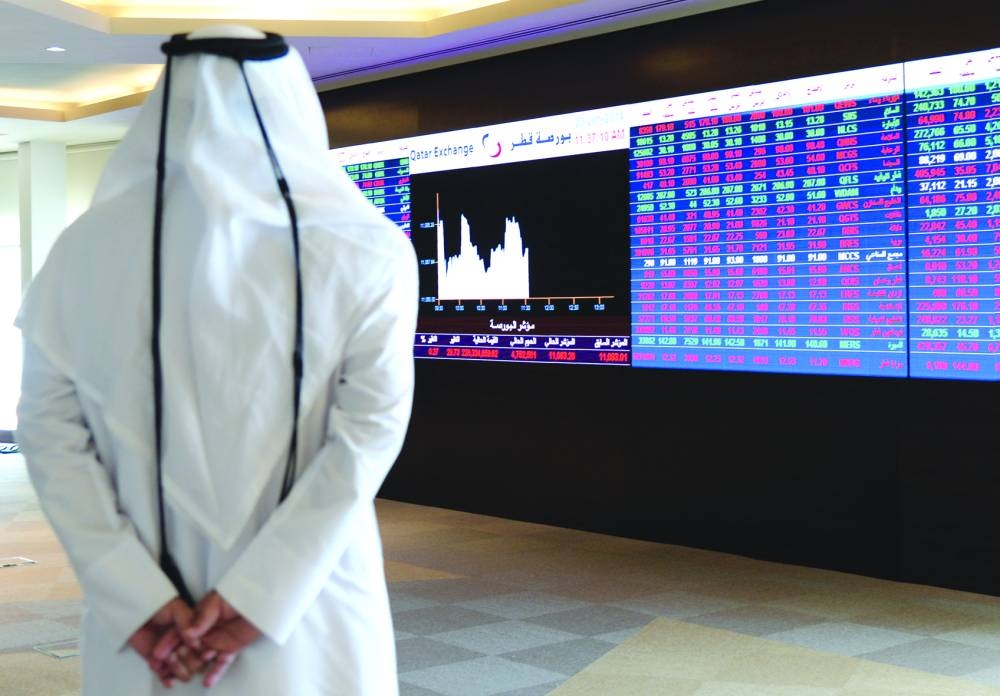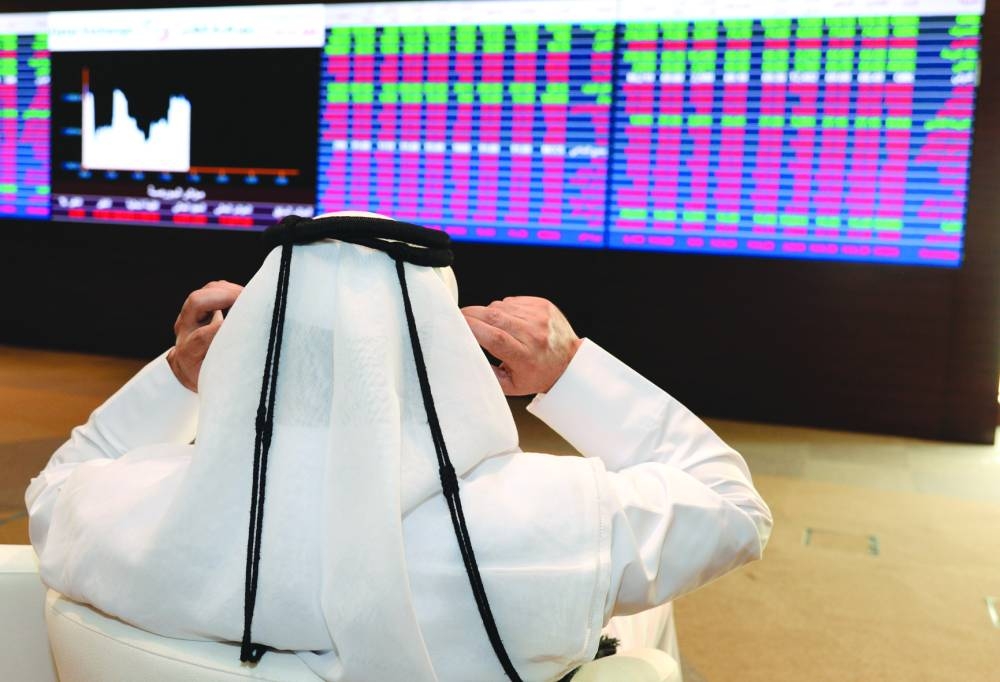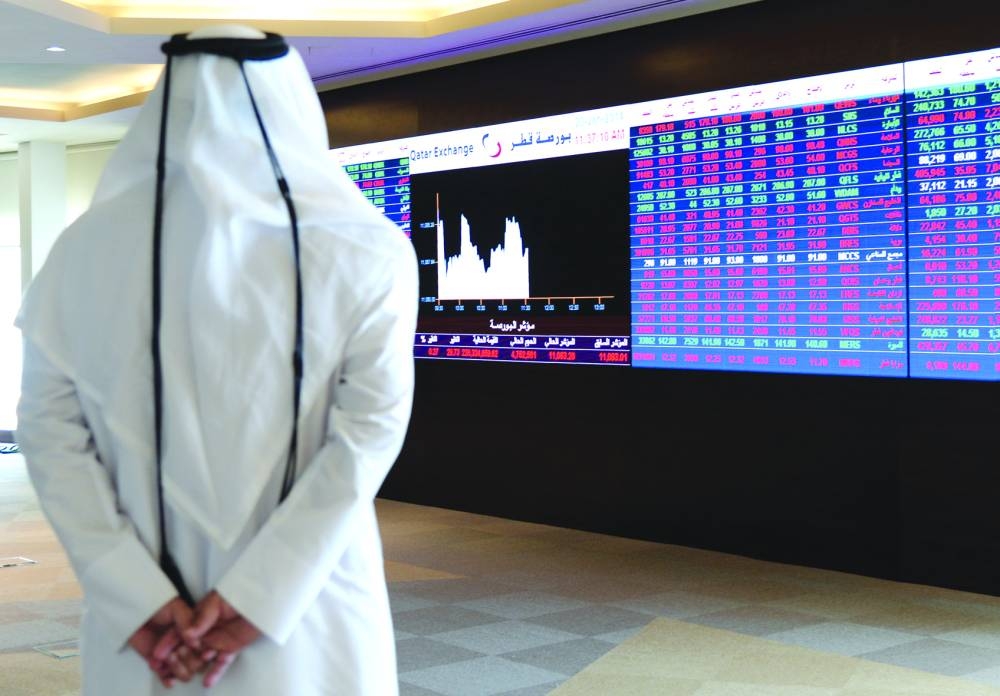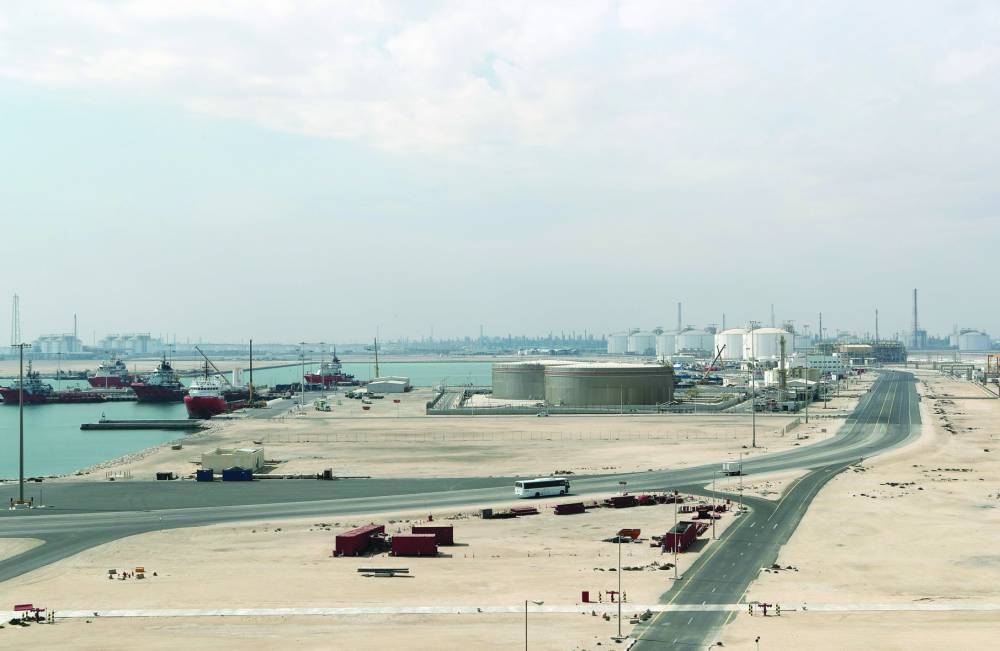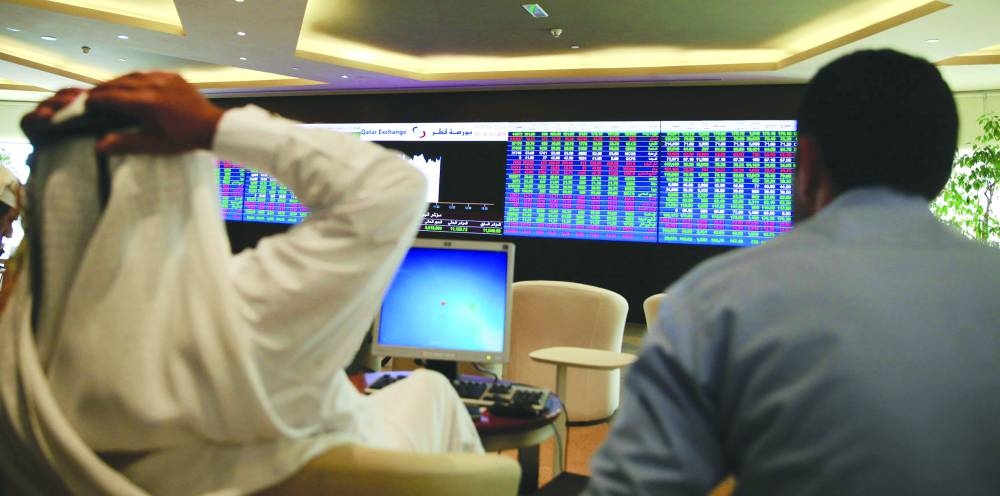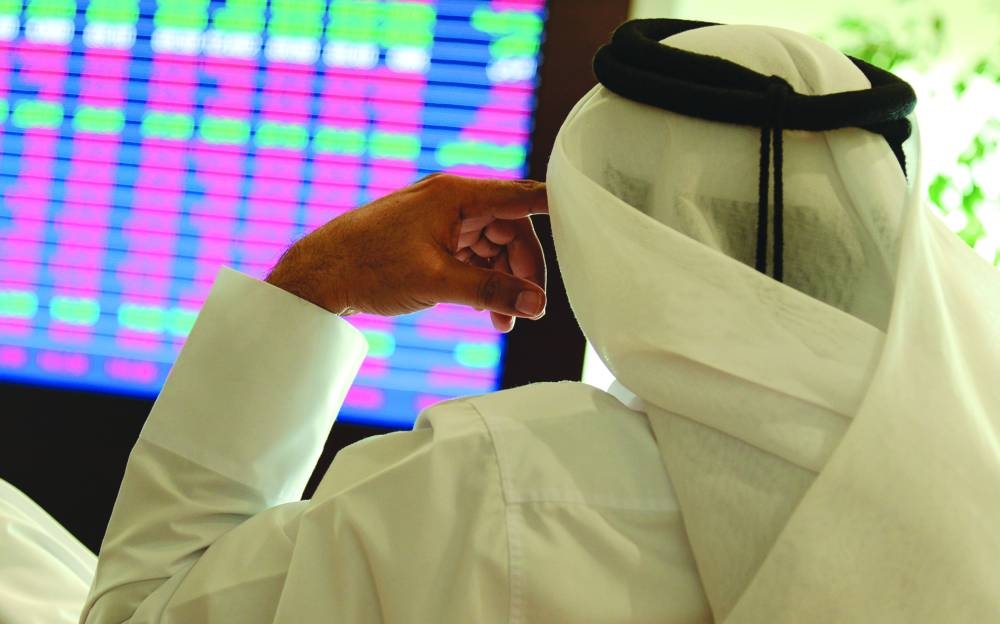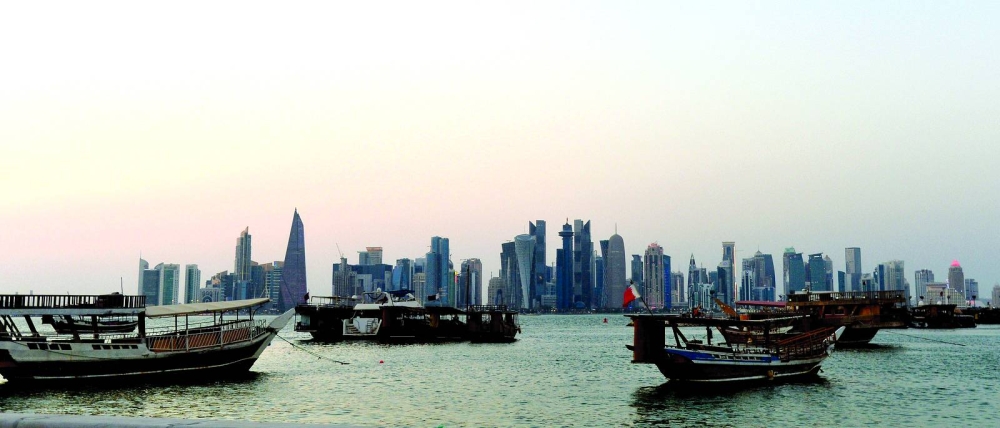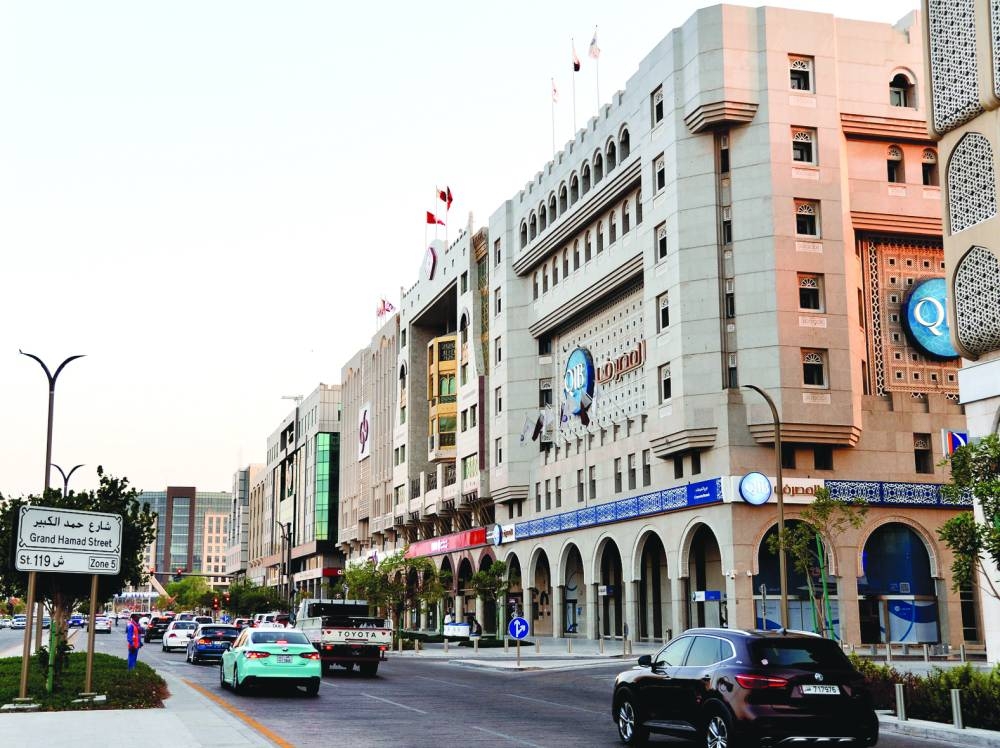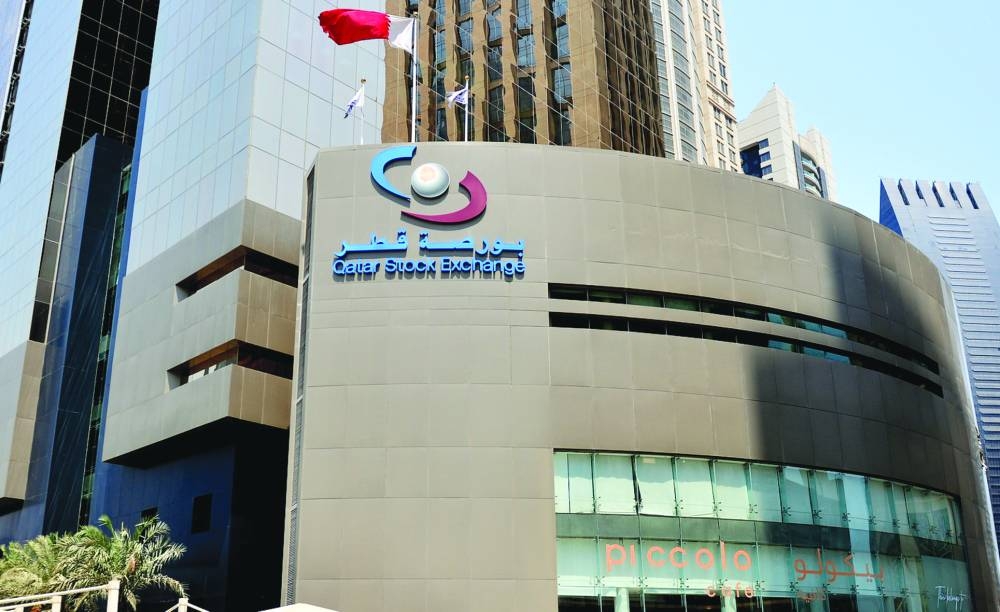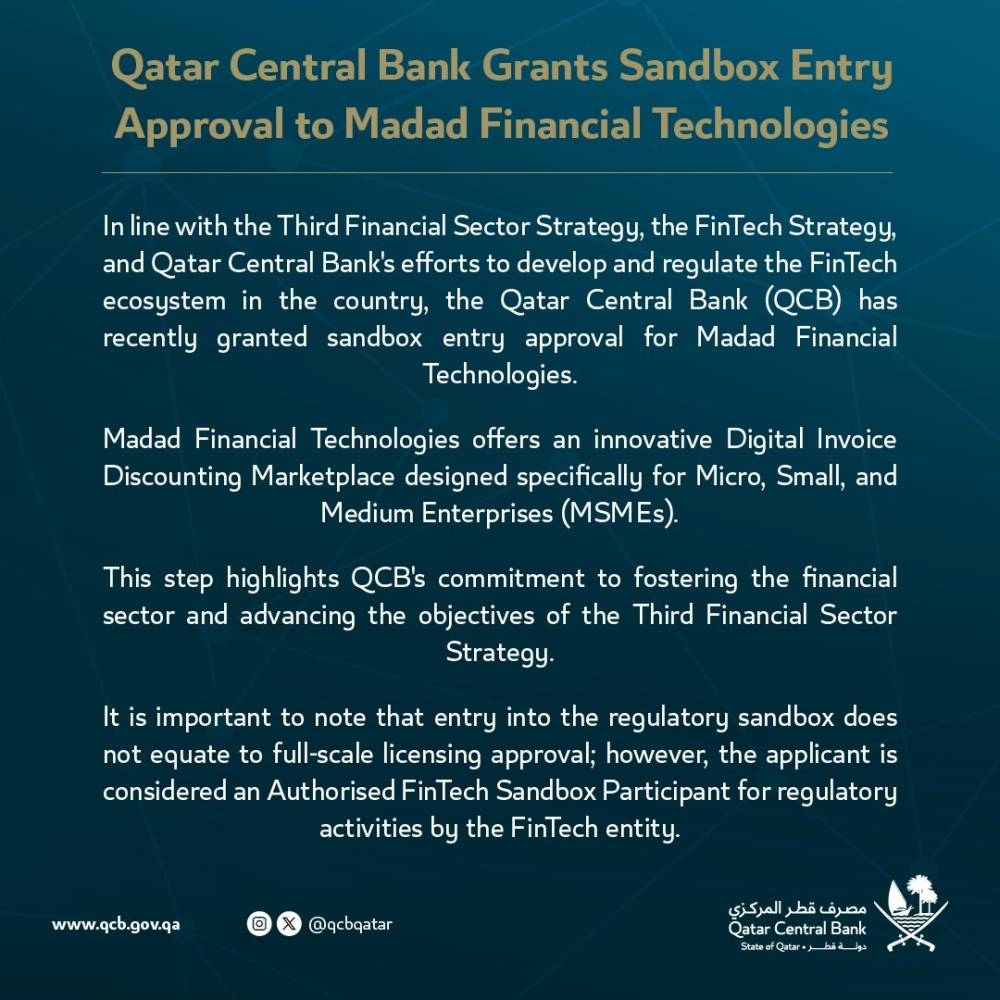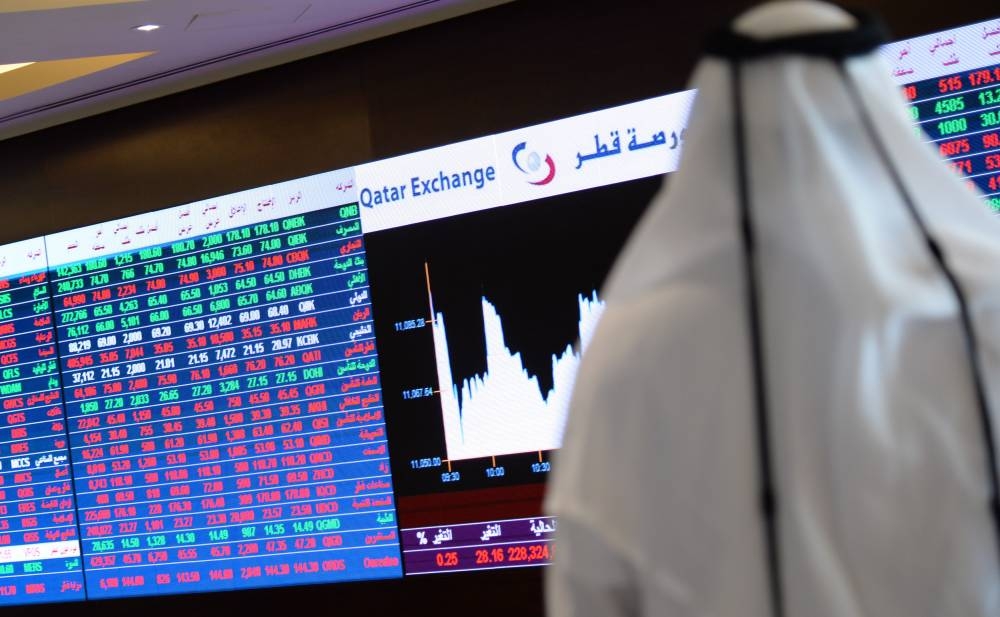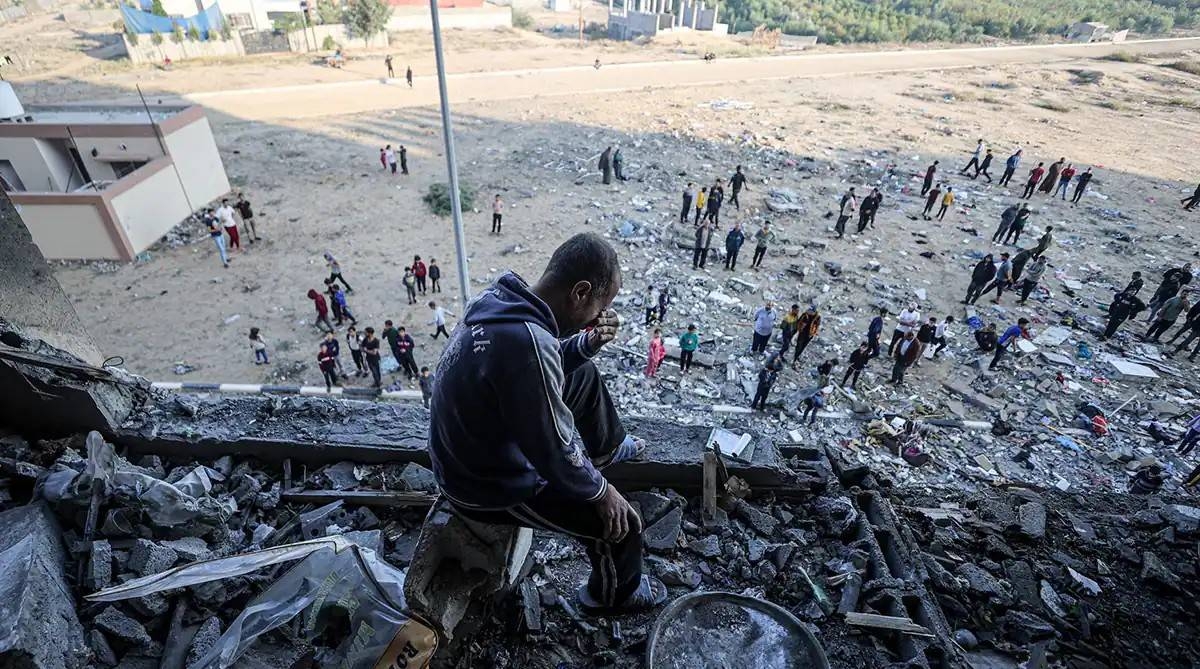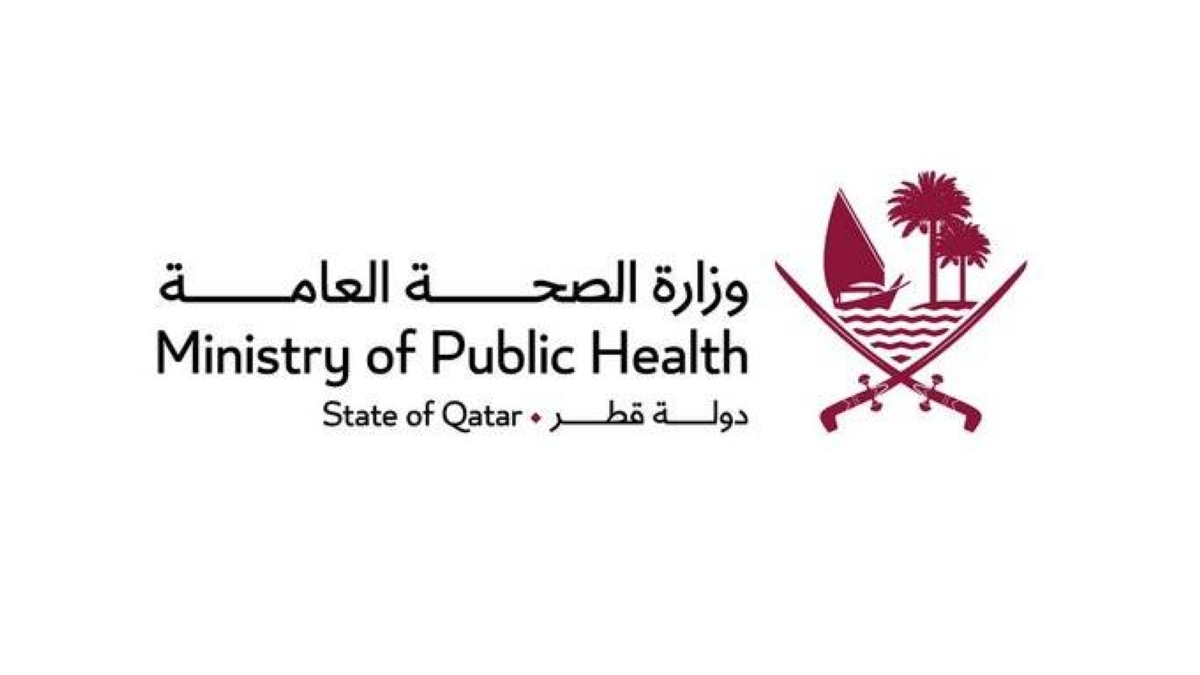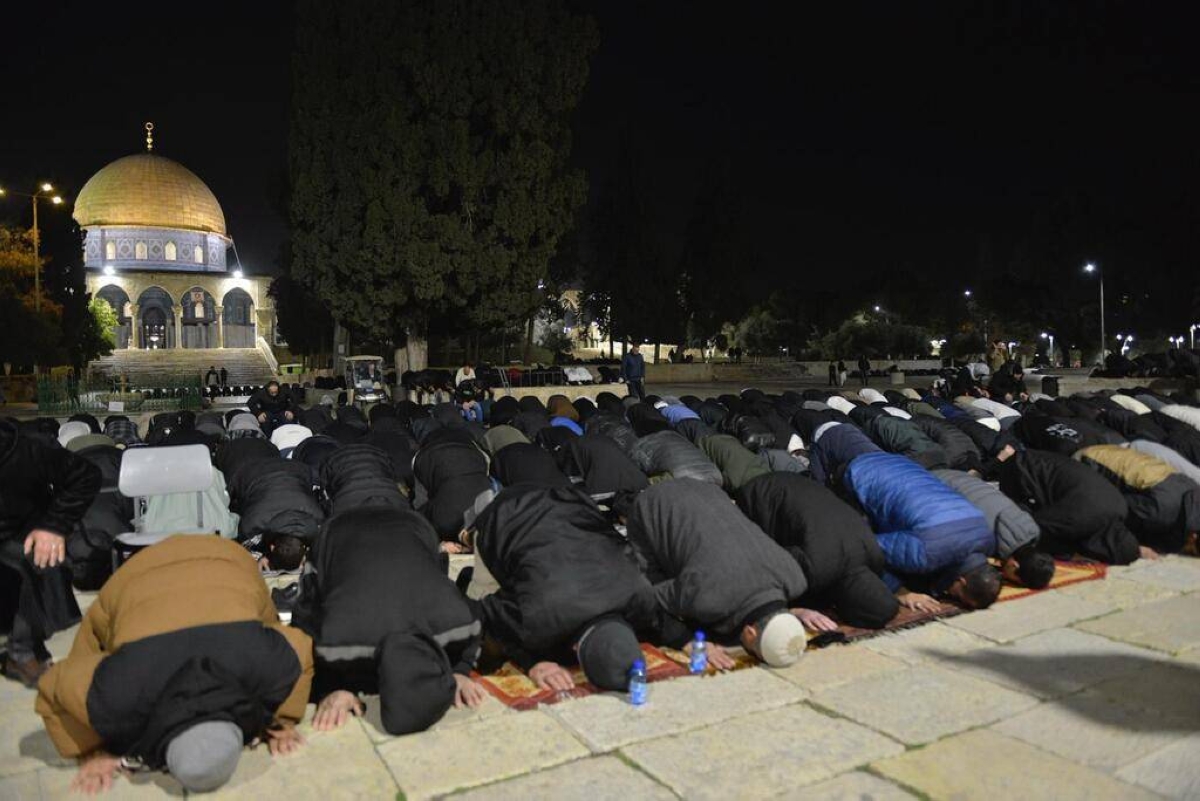Qatar witnessed an almost eight-fold jump year-on-year in contracts in the oil sector, leading the total value of contracts awarded in the country reach about $19bn in 2024, according to Kamco Invest, a regional economic thinktank.The total value of contracts awarded in Qatar witnessed a moderate increase of 4.5% year-on-year, reaching $18.9bn in 2024, Kamco Invest said, quoting data from MEED Projects."This growth in contract awards was primarily attributed to a significant rise in the value of projects within Qatar’s oil sector, which recorded an almost eight-fold increase to reach $6.3bn in 2024, up from $809mn in 2023," Kamco Invest said.The oil sector accounted for 33.5% of the total contracts awarded in the country during the year. Conversely, Qatar’s gas sector, typically the largest in terms of project value, witnessed a 49.5% year-on-year decline, to $6bn in 2024.Meanwhile, the power sector saw a "substantial" surge, with the total value of contracts awarded increasing 7.5 times to $3.4bn, up from $448mn in 2023. This represented the second largest absolute growth in project value within the country.Qatar also witnessed several major project awards during the year, with two of the largest contracts making into the top 20 projects in the GCC or Gulf Co-operation Council region.These included the $4bn QatarEnergy LNG – North Field Production Sustainability: Phase 2 project and the $2.1bn NOC – Al Shaheen Oil Field Development: Ruya Development: EPC-11.The Ruya Development contract is a subcontract of the significant North Oil Company expansion project at the Al-Shaheen offshore oil field. In this context, Qatar's North Oil Company has awarded $6bn worth of EPC contracts for a project aimed at increasing oil production by approximately 100,000 barrels per day from the Al-Shaheen Oil Field.The total value of contracts awarded in the GCC reached a new record in 2024 at $273.2bn, a 9.6% increase on an annualised basis. Growth in GCC contract awards was broad-based in 2024, with three of the six GCC countries experiencing at least double-digit year-on-year growth in the total value of contracts awarded, while four out of the six countries saw increases in the value of projects awarded.Highlighting “strong” outlook for the GCC project market for 2025; it said following a record-breaking year for project market awards, the region is poised for another year of “significant” contract awards.The outlook for 2025 remains "bright" for the GCC projects market with more than $120bn worth of projects already in the bid evaluation stage, that would mostly translate into awards, according to MEED ProjectsFinding a lot of positive factors in the GCC to support the project market in 2025; Kamco said these include a thriving economic activity, government’s resolve to execute projects before the deadlines, a supportive and strong banking sector, expected fall in interest rates, stability in regional geopolitical scenario, elevated oil prices and supportive government policies for private sector participation.Overall, there are approximately $1.5tn worth of contracts in the pre-execution stage within the GCC, with Saudi Arabia holding the majority, it said, adding some of these contracts are expected to be awarded over the next 6-12 months, suggesting that 2025 could match or exceed the contract award figures of 2024, according to analysis by MEED Projects.The largest proportion of these projects, approximately 35.3%, is in the design stage, while around 8% are in the bid evaluation stage.In terms of country-specific project pipelines, Saudi Arabia has an estimated $770.5bn of projects in the pre-execution stage, followed by the UAE ($322.5bn), Oman ($165bn) and Kuwait ($121.1bn), respectively.

Santhosh V. Perumal
Santhosh V. Perumal, a postgraduate in Econometrics with an advance qualification in Capital Markets and Financial Services, is Gulf Times' journalist. His coverage areas are debt and equity, hydrocarbons, international trade, environment, banks, insurance and real estate. Previously, he was in New Delhi, India as Senior Finance Correspondent of PTI.
Most Read Stories
3

